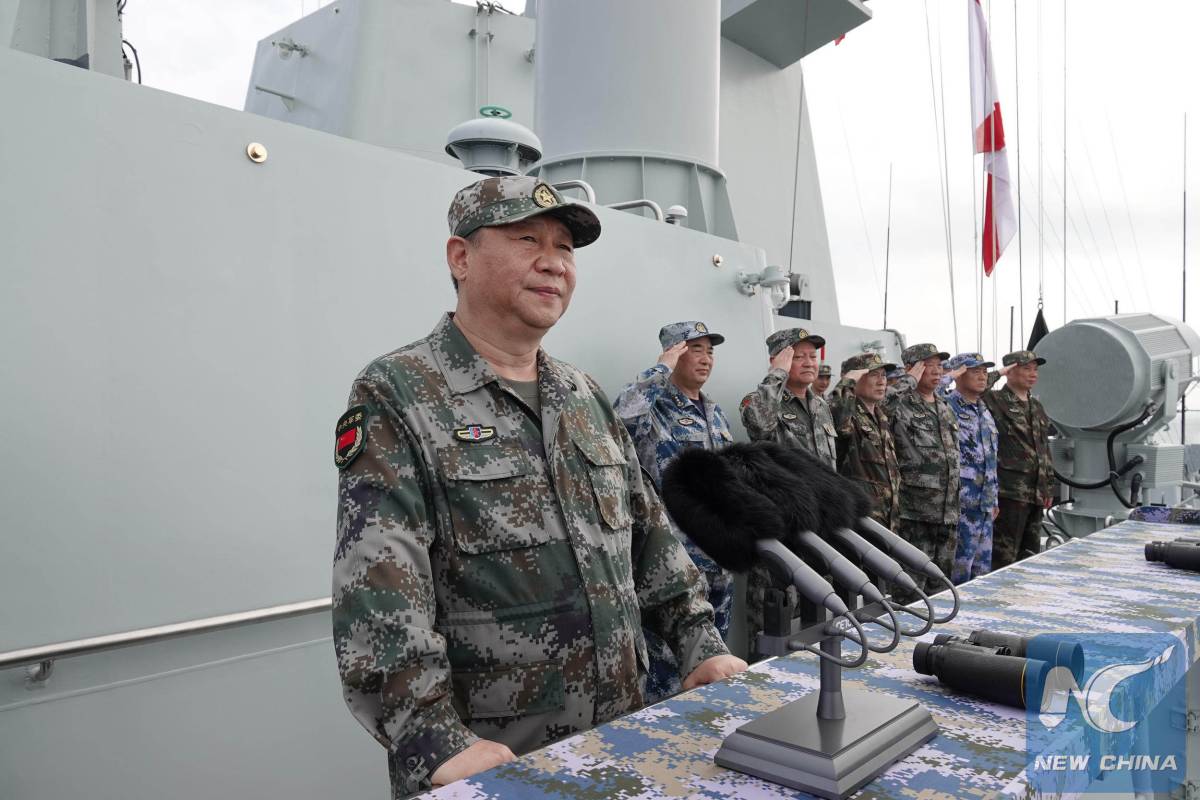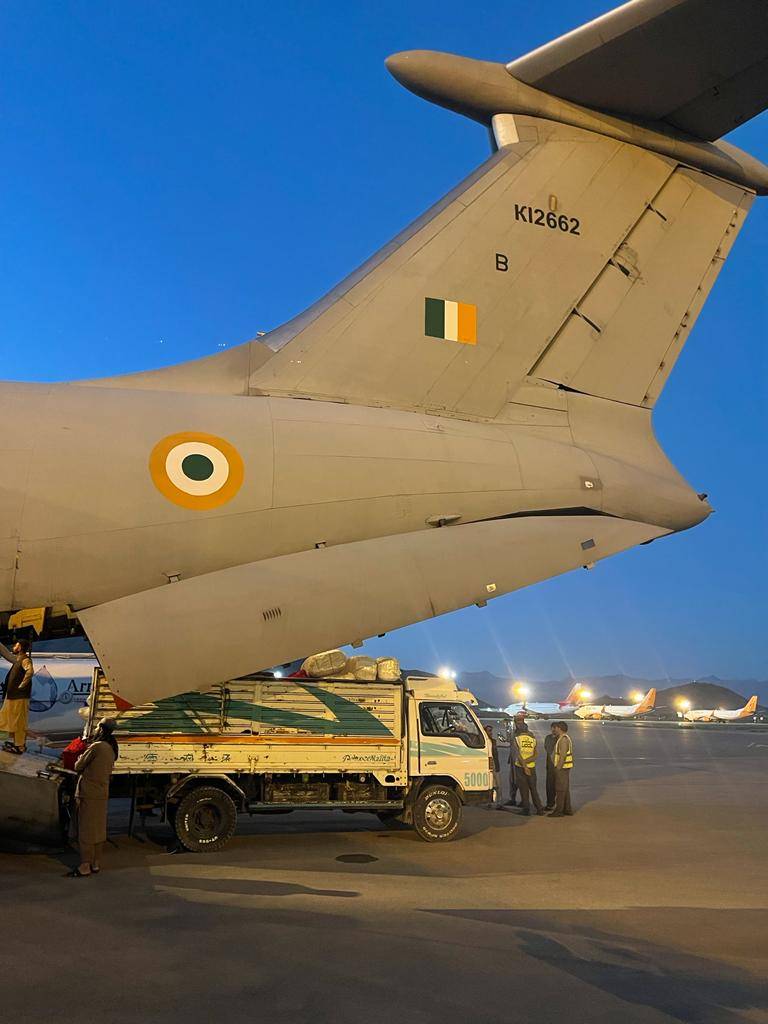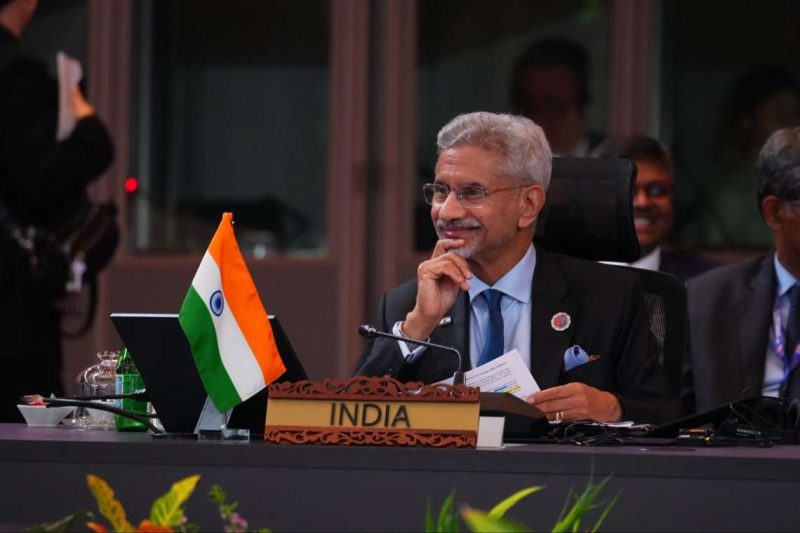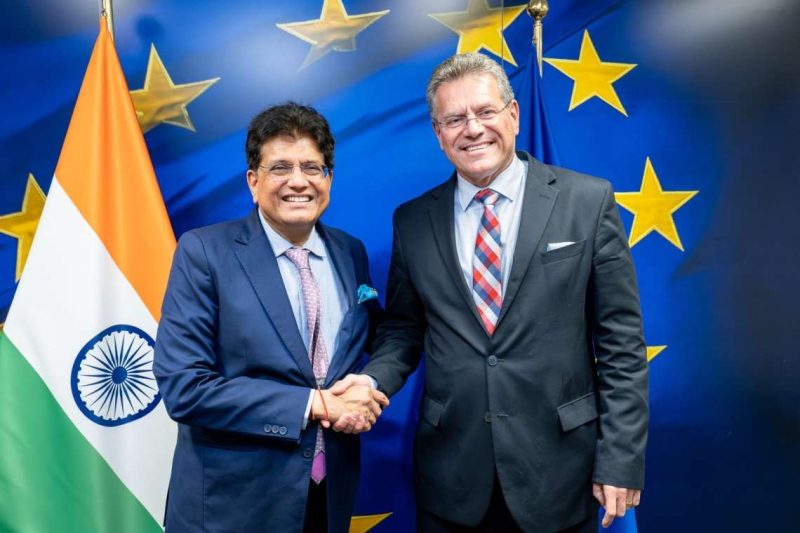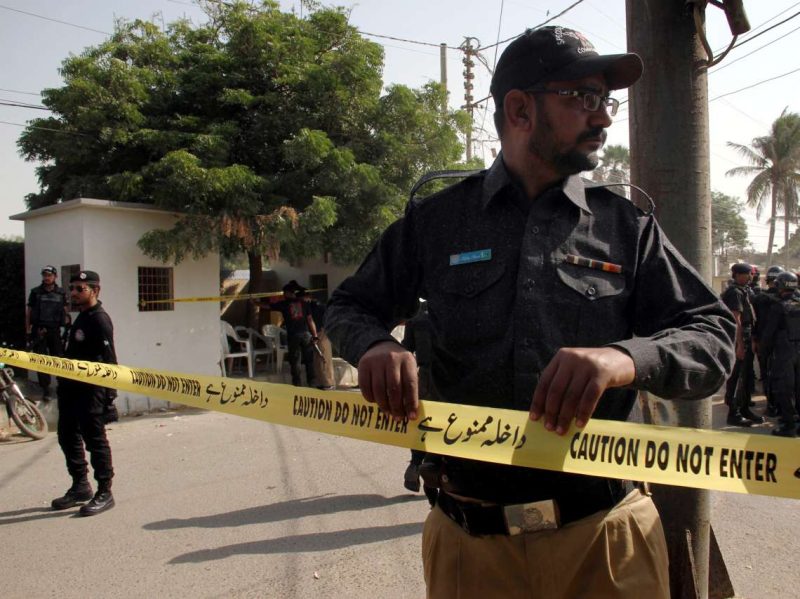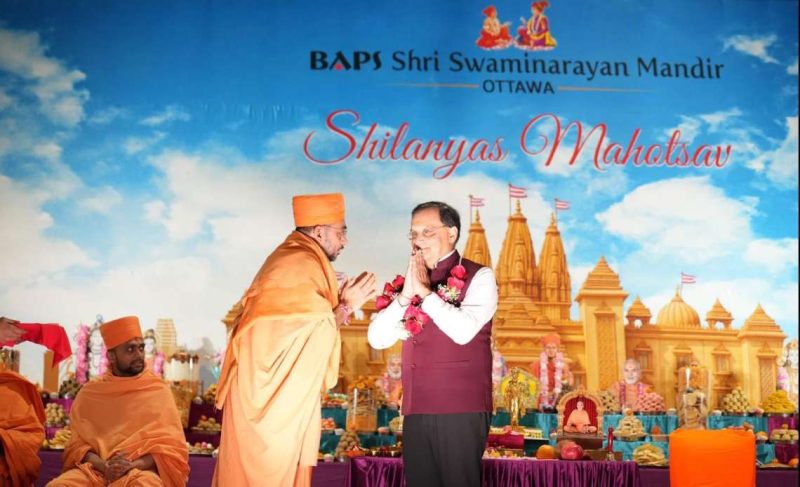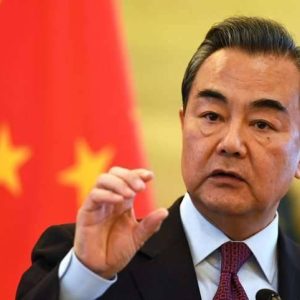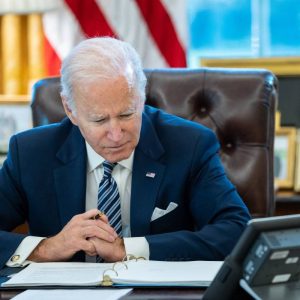It is expected that Xi will continue to firmly control all the pillars of the Party-state till 2027, if not longer, a report by Atul Aneja
Chinese leader Xi Jinping is set to cast in stone a new leadership line up in the military which will be younger, experienced in joint operations and personally loyal to him.
The change in the leadership hierarchy has been visible since January. But it appears to have acquired urgency as the date of the 20th party congress of the Communist Party Congress (CPC), expected to be held in October this year approaches. The Congress will “elect” a new political leadership for a five-year period. Barring an extreme event, Xi is set to become the country’s leader for another five years. That would mean he would be endorsed as the General Secretary of the CPC till 2027. This is the most powerful position in the Party-state. Currently, Xi is all powerful. Not only is he the party general secretary, he is also the President of the country, a post which is important for interaction with the external world, but under the Chinese constitution is largely ceremonial. Besides, he is the head of the Central Military Commission (CMC) that apexes the People’s Liberation Army (PLA) in all its manifestations.
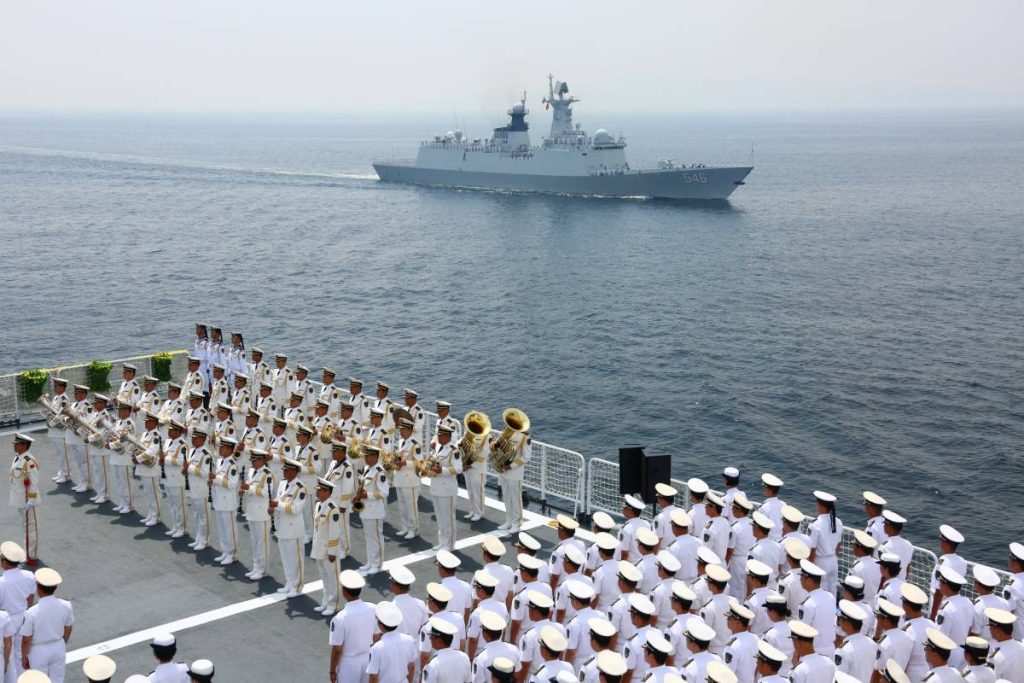
It is expected that Xi will continue to firmly control all the pillars of the Party-state till 2027, if not longer.
It is fairly obvious that between now and 2027, China, committed to ascertaining its “rise” in the international system, will, almost certainly, experience great turbulence. And if, during this phase, Taiwan has to be annexed, the leader would have to ensure that the PLA demonstrates its iron-clad loyalty, especially when the chips are down. That means appointing military leaders who will be competent and loyal to the Party leader, even during conditions of extreme pressure.
So, what are the top positions that XI needs to fill in order to forge a new military hierarchy?
For starters, two vice-chairmen of the CMC–Xu Qiliang and Zhang Youxia are set to retire at the 20th party congress. Besides, two CMC members, Wei Fenghe and Li Zuocheng, are also expected to exist from the CMC. Consequently, two existing CMC members Miao Hua and Zhang Shengmin who will remain, will have a better chance to occupy the two vice-chairmen slots. But Xi may not go by convention and elevate the two, as both have almost similar military experience. According to a study published in the Jamestown Foundation website, Xi has enlarged the pool of contenders for top positions, and the second rung of the CMC hierarchy may come from them.
Several generals who have close ties with Xi have been rapidly promoted in recent years. For instance, Lin Xiangyang after serving as the commander of the Central Theatre Command was shifted to the Eastern Theatre Command in January this year, opening the possibility of being accommodated in the CMC during the 20th party congress.
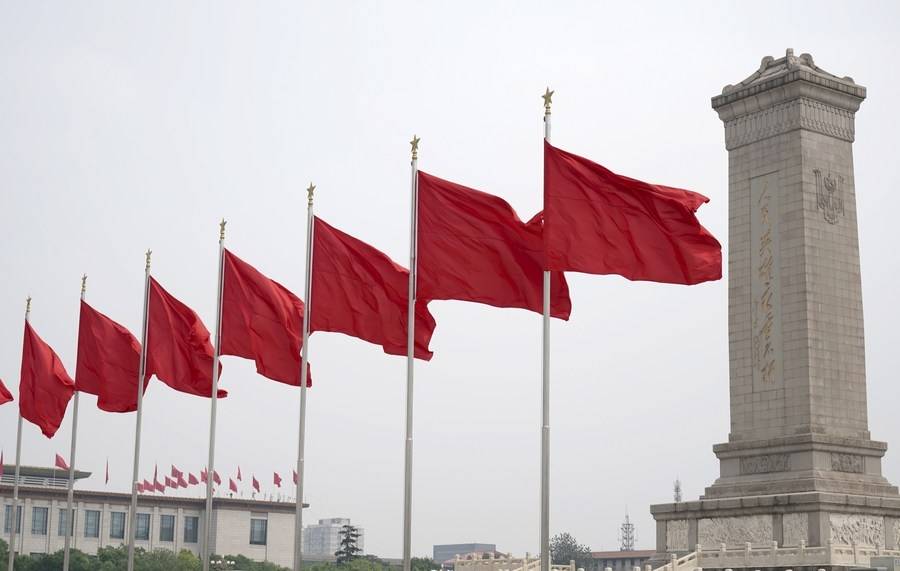
In fact, in January, Xi promoted seven senior People’s Liberation Army (PLA) military and armed police officers to the rank of general.
These include the Political Commissar (PC) of Northern Theatre Command Liu Qingsong, Commander of Central Theatre Command Wu Ya’nan, PC of Central Theatre Command Xu Deqing, PC of Navy Yuan Huazhi, Commander of Rocket Force Li Yuchao and PC of the People’s Armed Police (PAP) Zhang Hongbing, according to a Xinhua report.
Since 2019, Xi has elevated 38 officers to the full general rank—a record, which also illustrates the political will to revamp the entire military, based on the fulcrum of theatre commands, intended to fight future wars in an integrated manner through joint operations.
In selecting armed forces personnel for tomorrow Xi has followed four other principles.
First, there has been a concerted effort to reduce the age of top military leaders. Unsurprisingly, the average age of generals that Xi has promoted dropped significantly from almost 62 in July 2019 to nearly 58 years in January 2022.
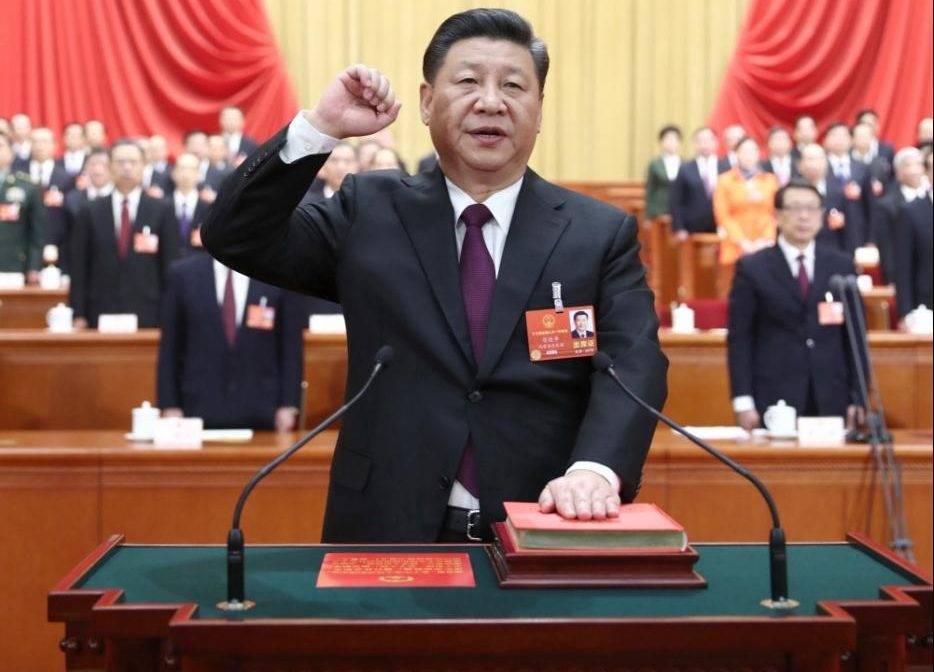
Second, in tune with Xi’s focus on joint operations under the rubric of theatre commands—a process that started in February 2016–those who have been deputy leaders in theatre commands stand a better chance of being promoted.
Third officers who have worked with Xi when he was posted in Fujian and Zhejiang provinces between 1985–2007 have received more promotion opportunities, ensuring that the Chinese President has a strong pool of ultra-loyalists in the PLA.
Fourth, Xi has preferred promoting those officers who have been deployed in internally restive regions, especially Xinjiang and Tibet. Therefore, those officers who have served in the Western TC, which covers Xinjiang and Tibet have been elevated faster. For instance, the Political Commissar (PC) of the Central Theatre Command, Xu Deqing served as PC of the 47th Group Army, which was part of the former Western Theatre Command Lanzhou Military Region during 2015-2017. The PC of the Rocket Force Xu Zhongbo was the first PC of the Western Theatre Command Ground Force in 2016.


